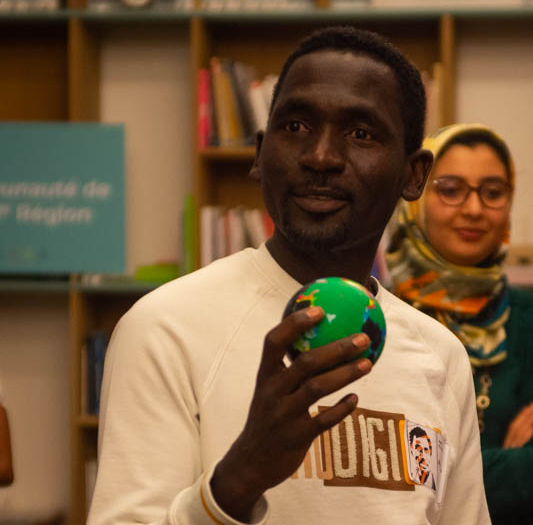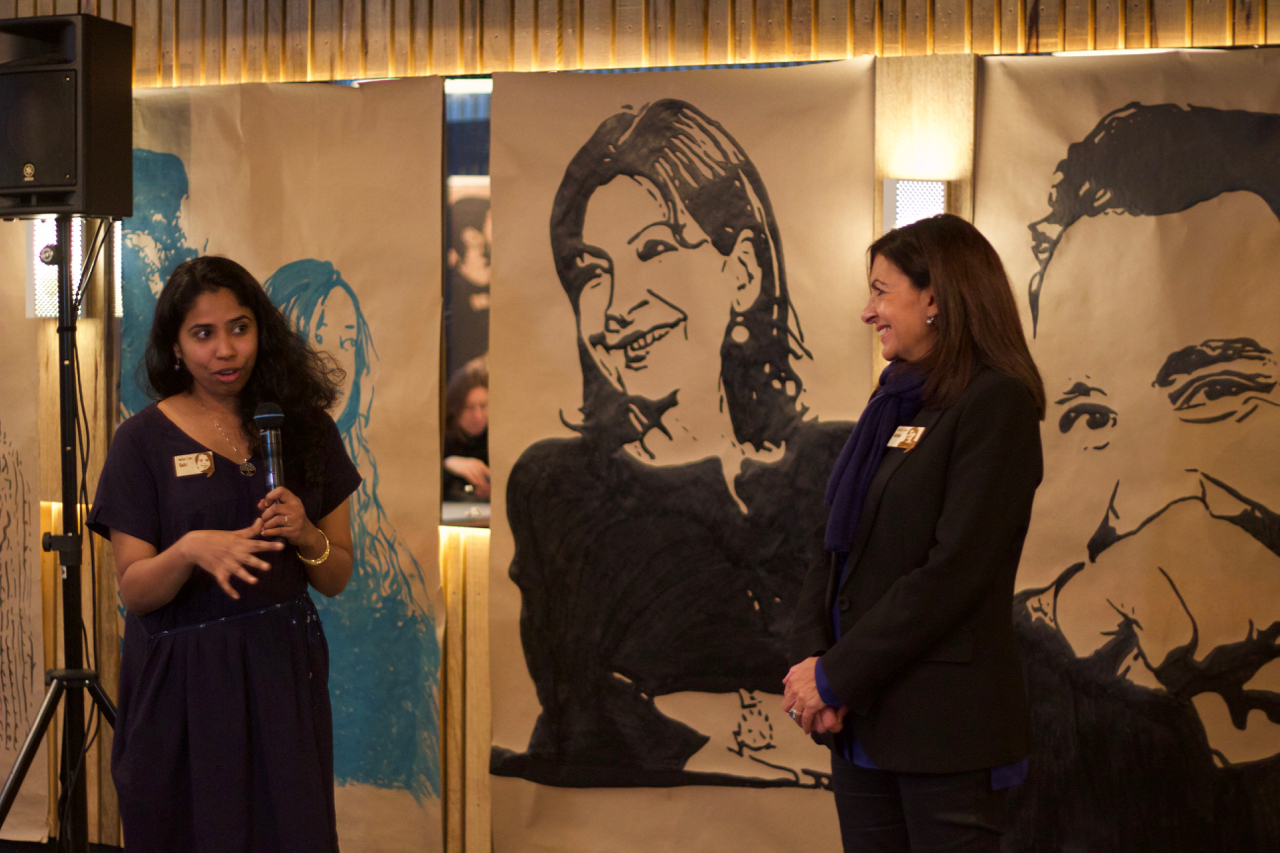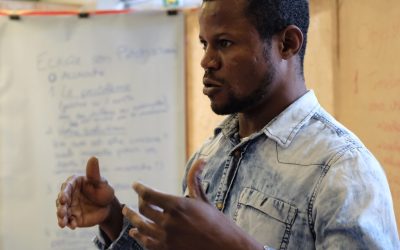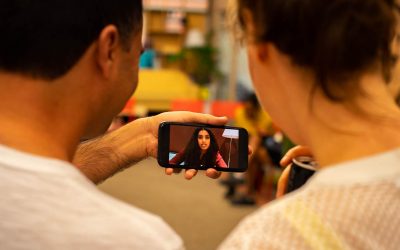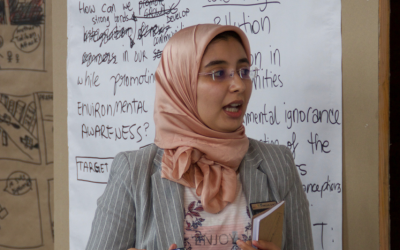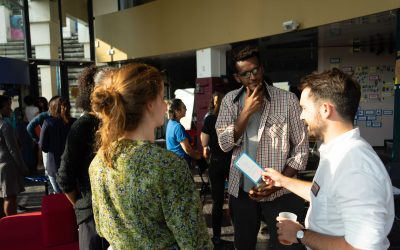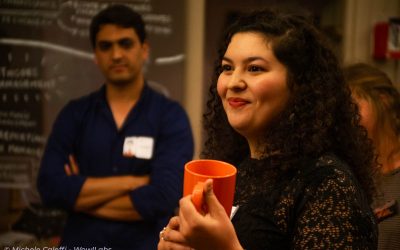Where can cities learn to manage interculturality?
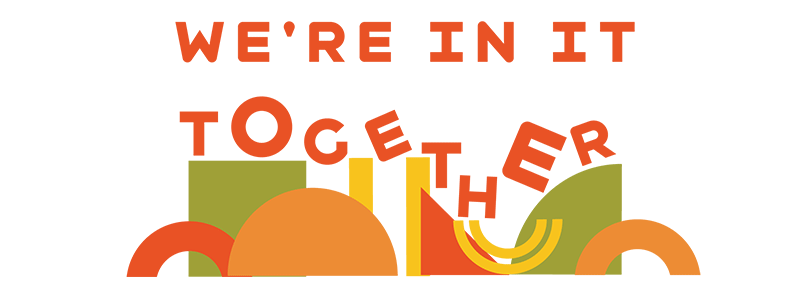
What is the role of a city in creating an intercultural environment? And how can they become better at it? There are more and more civil society initiatives emerging in Europe that have harnessed the potential newcomer talent – in fact, many of them are in the PLACEmaker collective. However, often overlooked is the role cities play in creating an enabling environment where intercultural innovation to emerge naturally. Cities are essential actors in creating an ecosystem where diversity can be tapped into to create economic, cultural and social value.
The Intercultural Cities Programme (ICC) of the Council of Europe is an initiative that focuses directly on this question. In practice, the ICC supports cities in designing and reviewing adapted policies to harness diversity as an advantage rather than manage it as a threat. Over 130 cities from around the world have joined the network to build their intercultural skills in practice through innovative tools, expert advice and immersive exchanges.
With rates of urbanization and migration growing globally, newcomer talent, when managed effectively, presents a real opportunity for economic growth. To educate policymakers and the wider public on the context of intercultural cities, the ICC created a series of tools that deep dive into subjects such as:
PLACE spoke at the ICC Milestone event and 10th anniversary in Lisbon as an example for building the intercultural capacity of European cities in practice. At that point only a year into operations, PLACE had proven the potential for city-level engagement on accelerating the creation of economic value by migrants and refugees through its close collaboration with the City of Paris. A collaboration that continues to be co-constructed in an open dialogue about needs both of the city and of newcomer talent, to achieve collective impact.
What does the economic integration of refugees look like post covid19?
Our economies may not have been mastering the economic integration of newcomers in the past, but in the post-covid world we have a chance to make things work – for everyone this time.
How can we #buildbackbetter in the new normal?
New points of view can make the difference between a ‘new normal’ that works and getting back to normal.
Fighting fire with data in the ‘otherness’ debate
More in Common is a project that is bringing data and insights to break down the divisive narratives that are polarizing our societies.
Learning from newcomers in the time of COVID-19
Discover how PLACE is adapting as an organization and learning from the resilience, creativity and adaptability of newcomer leaders in the time of COVID-19.
How to create and consume a new migrant narrative
Deconstruct the migrant narrative to build a new one – brick by brick, word by word.
NaTakallam, bridging distributed workforces and displaced populations
Distributed workforces, increasingly intercultural teams and growing rates of displaced populations – these are the three trends that gave birth to NaTakallam.
Crisis what? How migrant-led-advocacy is the key we needed all along
How can our societies produce more innovation in response to challenges? By diversifying points of view – literally.
Craving for Europe to be more innovative? Migration can help!
How can our societies produce more innovation in response to challenges? By diversifying points of view – literally.
Creating a shared narrative & thriving communities through cultural heritage
Leveraging, law, art and new voices to protect ancient sites and art, key tools in bridging diverse societies.

